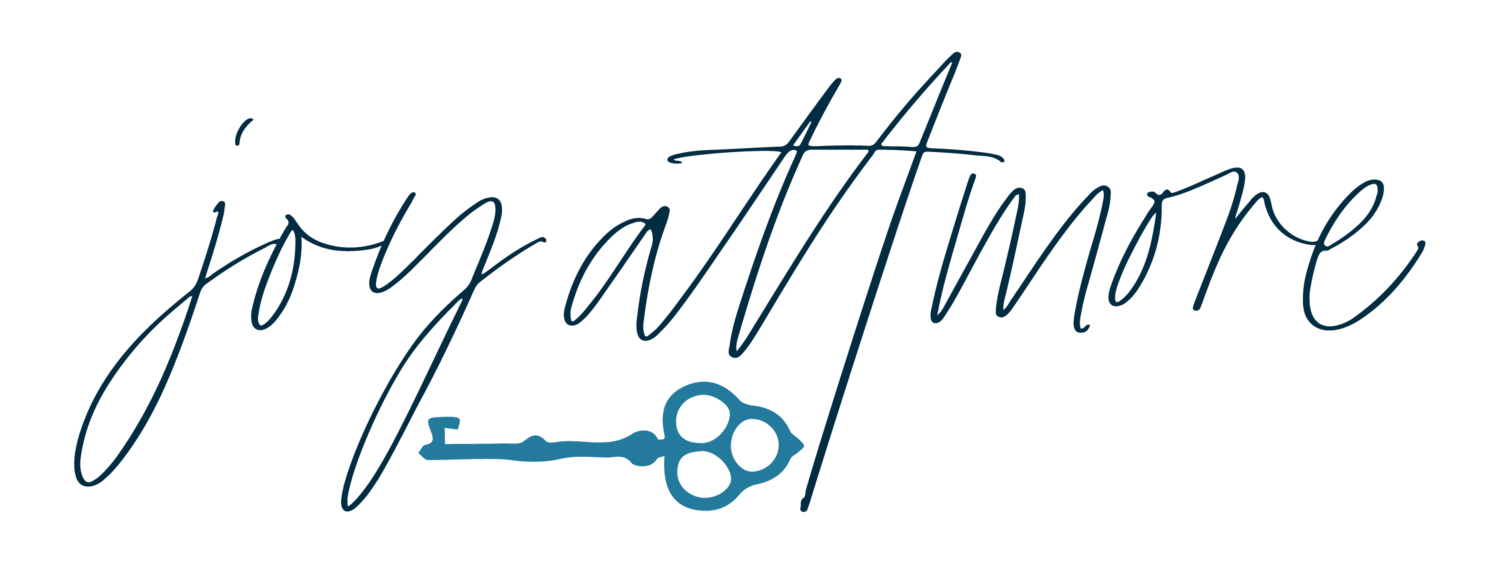My friend sat across from me in the popular New York cafe listening as I updated her on recent events. “It sounds like you’re all walking wounded…”
As the phrase hit my heart, my eyes glistened with the threat of tears before dissipating after a few swift blinks. Those two words perfectly described how I felt in the aftermath of the previous 12 months and all that had been thrown at us, both corporately and personally. I’ve found that there is something powerfully healing in naming what has caused hurt, loss or disappointment. This simple act of calling something out, putting words to what we have otherwise hidden with our silence, gives us permission to grieve, let go, challenge and change.
I was grateful for this moment of being seen, heard and validated. That short sentence went a long way in legitimizing the things that I had been feeling and carrying. Sometimes, when going through hard things, we can bring to mind the worst atrocities happening in our world to remind ourselves that we don’t have it that bad. It can be a way of minimizing our own pain, or even protecting our hearts from feeling the weight of it. There is obviously truth in this - there are horrendous things occurring all over the world at the same time - but placing them on a conveyor belt of comparison does not help to make any one thing better. I’m reminded of a scene from the powerful HBO series, ‘I May Destroy You’, written by Michaela Coel who also plays the lead role of Arabella, a young black woman in London who is seeking to rebuild her life after being raped. In a poignantly vulnerable moment with her counselor, she reveals that whenever a painful flashback occurs she will say on repeat,
“There are hungry children. There are hungry children. There are hungry children.
There’s a war in Syria. There’s a war in Syria. There’s a war in Syria.
Not everyone has a smartphone. Not everyone has a smartphone. Not everyone has a smartphone.”
Those words become her weapons of self defense from the traumatic memories of violation.
When we disassociate from our trauma or pain however, we deny ourselves the ability to be healed and restored from it. And I believe that process begins with acknowledging, naming, what we have gone through.
This weekend, following my lovely tea date, I have found myself with an unusual amount of space. My husband has been out working long days on a tap show project, and my 14 month old son has had a shift in napping patterns and has slept for four hours straight in the middle of the day. Rather than filling those times with people or events like I was tempted to, I indulged in the luxury of having time to myself. I took a bath and gave myself a face mask; I washed my hair and listened to one of my current favorite podcasts; I ordered Shake Shack and watched The Photograph which I’ve been wanting to see for a year, and when my son finally woke up, I reveled in time spent with him, took him out for an excursion in the neighborhood, and bought a heavenly-smelling new candle.
There is no pause button in life, as much as we would probably all love one from time to time, but there are ways that we can reset, even as we keep moving. Not everything on our to-do lists is marked urgent, and not every message needs responding to right that second. This weekend has gone a little ways in giving me that reset, the space to not be responsible for anyone for a few hours and simply breathe. Self-care is imperative for the walking wounded that they may move into wholeness.
Once a wound has been acknowledged, a treatment plan can be put into place, and depending on the injury it can be a complex list or a simple box of band-aids and antiseptic cream. Can you identify a wound in your heart right now? Is it the size of a paper cut, or are you struggling to stop the bleeding? Have you been able to ask anyone for help, or does trusting another person scare you too much? What would a reset look like for you, even if it’s just the beginnings of one? What is holding you back from investing in you? What is one thing you can do today for you? Who, if anyone, is taking care of you?
Towards the end of my New York tea date, my friend reminded me of the importance of retreats. They are not a sign of weakness, but are used as strategic withdrawals by armies to move back into a place of safety, a refuge, in order to build up strength so they can once again return to fight the enemy. I don’t know what your ‘enemy’ might be, but we all have things that we’re up against - challenges, injustice, hurdles, strained relationships, hope deferred, disappointments, financial worries etc - and we need to have the strength to face them. As my friend encouraged me to find a way to retreat, so may I also encourage you. Find a place of refuge, of stillness, of peace, and drink deep of the quiet waters, let them restore your soul.







